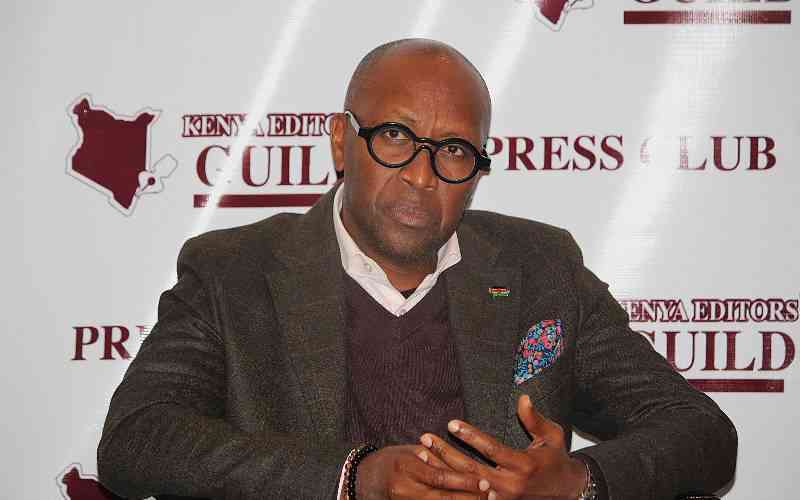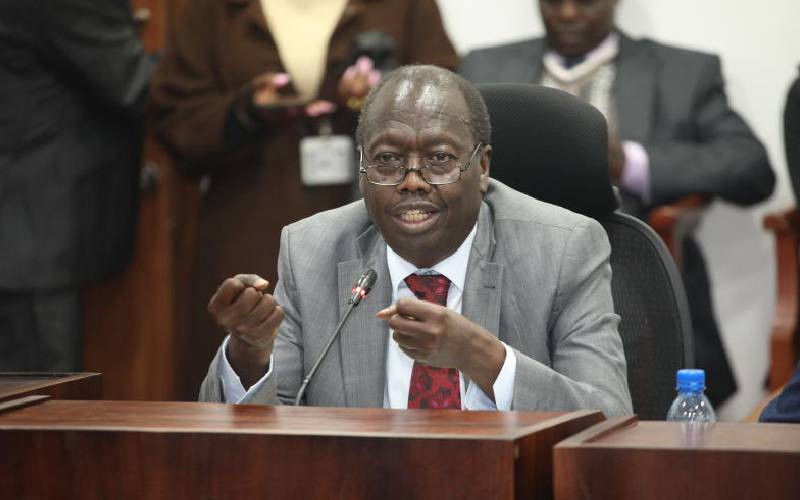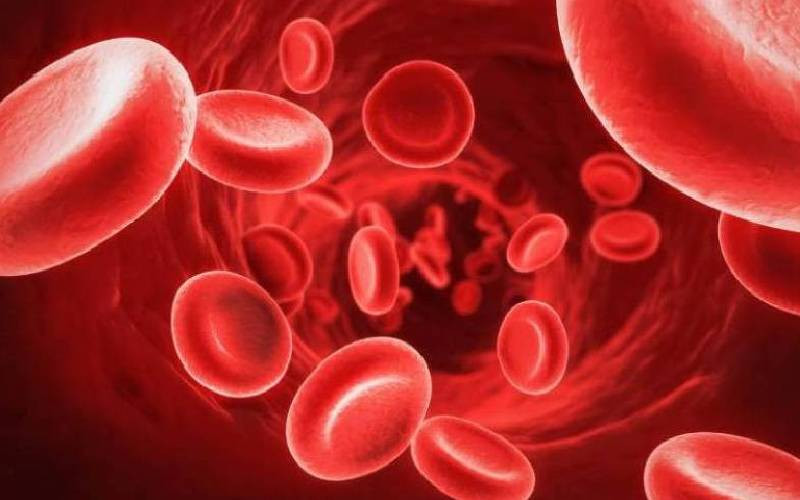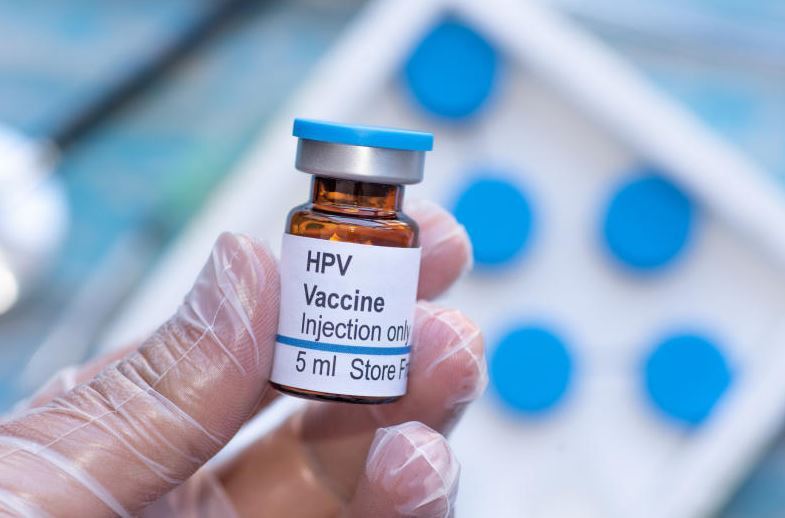
Kenya’s healthcare system is under pressure following significant cuts in official development assistance (ODA), especially from long-time partners such as the United States, the United Kingdom and the European Union.
At a forum hosted by the Kenya Editors’ Guild (KEG) in Nairobi on Thursday, experts warned that reduced donor support could reverse decades of progress in treating diseases like HIV, tuberculosis and malaria.
The discussion brought together leading voices in health, policy and media. They painted a clear picture: Kenya has relied too heavily on donors, and the sudden withdrawal of support has exposed major weaknesses.
“Health in Kenya is not funded by USAID or the Global Fund. It is funded by our taxes and our own pockets,” said Dr Githinji Gitahi, Group CEO, Amref Health. ODA accounts for only 20 per cent of our total health spending, but it is highly concentrated in HIV, TB and malaria. That is why the shock is deep in those areas.”
The forum highlighted how donor money has not only funded medicines and vaccinations but has also supported essential health systems, including data collection, supply chains and staff salaries.
“Some of the best health workers have lost their jobs. We are seeing key data systems collapse. Without data, we cannot plan or track patient care properly,” said Dr Willis Akhwale, Special Advisor to Kenya’s End Malaria Council.
These cuts come as the United States government pulled nearly 400 million dollars in funding. Kenya’s national budget has not made up for this shortfall, and counties are already feeling the strain.
“Even before the cuts, we were not spending well. Corruption, leakages and wastage take up almost 40 per cent of the health budget,” said Dr Rose Oronje, Head of Kenya Office African Institute for Development Policy(AFIDEP). “We cannot afford to keep wasting the little money we have.”
She added that many African countries still rely on donors for over 40 per cent of their health spending, calling it a sign of poor planning and weak political will.
The problem is made worse by how donor funds have been used. Instead of supporting general healthcare, they often targeted specific diseases. When that money disappears, the entire system suffers.
“If we had integrated donor funds into the national system, we would have lost money, yes, but not the entire structure,” said Dr Gitahi. “In Rwanda, for example, they used aid money to build stronger public systems.”
The experts stressed that the solution lies in prevention and ownership. Kenya must shift focus from hospitals to healthy living, investing more in food safety, school health, exercise and clean environments.
“Health is not just the hospital. It is what we eat, how we live, the roads we use and what we teach our children,” said Dr Oronje. “Prevention is cheaper than treatment.”
The forum also called for better support for local manufacturing. Kenya’s own Universal Corporation, a WHO-certified pharmaceutical firm based in Kikuyu, supplies medicines to over 19 African countries. Yet the government still imports many of the same drugs instead of buying locally.
“How can a company based just 25 kilometres from Nairobi be ignored, while we import what they make?” asked Dr Maqc Eric Gitau, CEO of Development Dynamics. “We must support local solutions.”
Rosalia Omungo, CEO of KEG urged the media to lead in shaping the narrative and holding both government and donors accountable.
“Official development assistance should be seed money, not a permanent crutch. Let us use this moment to reframe the story. Africa’s health must be Africa’s business,” she said.
Journalists were encouraged to shift focus from donor dependency to African-led solutions, and to highlight community-based models, public-private partnerships and policies that promote healthy lifestyles.
As donor support continues to fall, Kenya has a narrow window to act. Without firm steps towards better spending, prevention and domestic financing, the health of millions could be at risk.
“This is a turning point,” said Omungo. “We must not wait for help to arrive. The solutions are here, and they must be ours.”
 The Standard Group Plc is a multi-media organization with investments in media
platforms spanning newspaper print
operations, television, radio broadcasting, digital and online services. The
Standard Group is recognized as a
leading multi-media house in Kenya with a key influence in matters of national
and international interest.
The Standard Group Plc is a multi-media organization with investments in media
platforms spanning newspaper print
operations, television, radio broadcasting, digital and online services. The
Standard Group is recognized as a
leading multi-media house in Kenya with a key influence in matters of national
and international interest.











